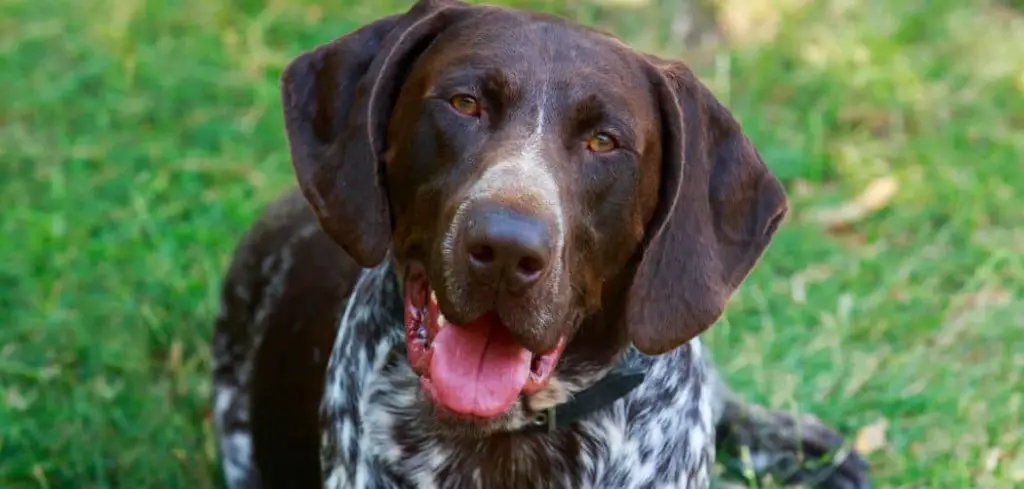If your dog is shaking in short, sudden bursts—almost like they’re having hiccups—it can be both confusing and worrisome. These movements may seem harmless at first but could point to anything from benign muscle spasms to more serious internal conditions.
We outline the common causes of dog shaking like hiccups, what you can do at home, and when to seek veterinary help.
Table of Contents
Dog Shaking Like Hiccups — Why It Happens
Dogs may shake in a hiccup-like manner due to muscle spasms, reverse sneezing, gastrointestinal irritation, or neurological issues. These brief, rhythmic jerks often affect the chest or abdomen, and can be either harmless or signs of something deeper.

Common Causes of Dog Shaking Like Hiccups
Reverse Sneezing
Reverse sneezing can mimic hiccups, with rapid, snorting-like spasms that originate from the throat.
It usually happens when a dog is excited, drinks water too quickly, or inhales an irritant.
Episodes are typically brief and not dangerous, but they can be scary to witness.
Gently massaging your dog’s throat or briefly covering their nostrils can help stop the episode.
Diaphragmatic Spasms
Just like humans, dogs can experience involuntary contractions of the diaphragm, which look and feel like hiccups.
These spasms may happen after eating, drinking, or exercise.
They’re generally not painful or dangerous, especially in puppies.
Most cases resolve on their own, but frequent occurrences may require dietary or feeding adjustments.
Related: Dog shaking and not eating (Causes and what to do)
Gastrointestinal Upset
Irritation in the stomach or intestines—like from gas, acid reflux, or indigestion—can lead to spasm-like movements.
You may notice gurgling sounds, lip licking, or occasional vomiting along with the hiccup-like shaking.
Feeding smaller meals and avoiding rich or fatty foods can help reduce symptoms.
Persistent issues should be evaluated for conditions like gastritis or GI reflux.
Respiratory Irritation
If your dog’s airways are inflamed from allergies, infections, or irritants, they may make jerking motions similar to hiccups.
Look for coughing, nasal discharge, or changes in breathing.
Respiratory exams and treatment may be necessary if symptoms persist.
Neurological Conditions
In rare cases, tremors or partial seizures may resemble hiccup-like shaking, especially if they repeat frequently.
Dogs may show other signs like confusion, twitching of the face or legs, or staring into space.
These events require neurological evaluation, especially if they increase in frequency or intensity.
What to Do If Your Dog Is Shaking Like Hiccups
Watch your dog closely and try to identify what triggered the episode—eating, excitement, or environmental factors.
Check if the movements are brief or persistent, and whether your dog appears distressed.
Provide a quiet space and avoid overfeeding or allowing rapid drinking.
If episodes are mild and infrequent, they may not require treatment.
But if they recur regularly, document the pattern and consult your vet.
When to Call or Visit Your Vet
Contact your veterinarian if your dog:
Has frequent or prolonged hiccup-like episodes
Shows signs of pain, bloating, or vomiting
Has difficulty breathing or swallowing
Seems disoriented or stiff during episodes
Has other symptoms like coughing or wheezing
Professional evaluation helps rule out underlying causes and prevent complications.
Read more: Dog Shaking Like Seizure (What’s a seizure—and what’s not?)
Key Takeaway
If your dog is shaking like they have hiccups, it could be something simple—or a sign of a deeper issue.
Mild, occasional episodes often pass quickly, but repeated or distressing movements should be taken seriously.
When in doubt, talk to your vet to ensure your dog stays happy, healthy, and hiccup-free.
